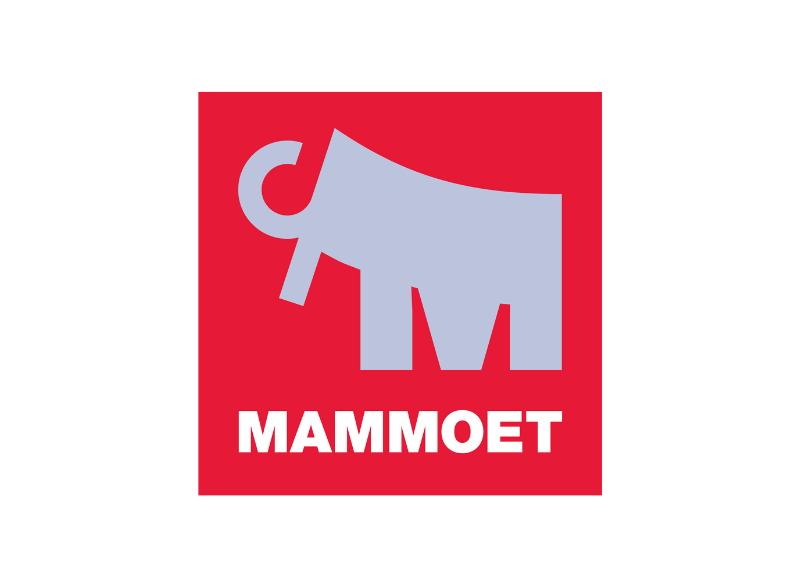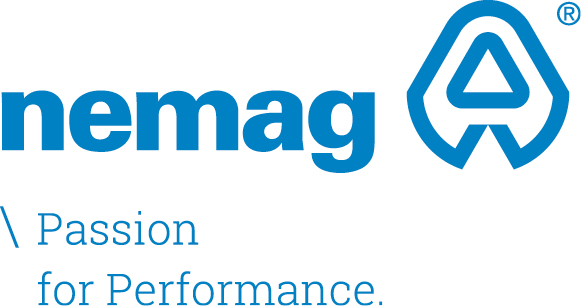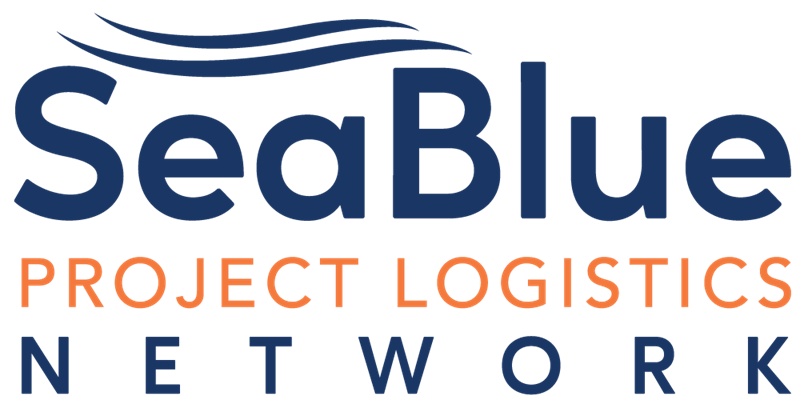Project Cargo Positions Itself to Capitalize on Booming Energy Market
_3.jpg)
By Alex Keimig
Communication, dependable and goal-aligned business partners, and a commitment to flexibility as markets and regulations evolve are key for ensuring project cargo movers can capitalize on a soaring global energy sector, listeners were told during a discussion at Breakbulk Americas.
Ahead of the Energy Project Outlook: Competitive Positioning main stage panel session, the audience heard from Amanda Duhon, vice president and regional director for North and Central Americas at the Energy Industries Council (EIC), on some of the market trends and opportunities around the world and in the U.S.
Duhon said that some 2,500 energy projects had been added this year to the EIC’s data stream. Of these, renewables made up about 36% of new projects, driven largely by onshore wind and solar. “We’ve also seen growth in the offshore wind sector this year compared with previous years,” Duhon said.
Energy transition industries such as carbon capture, hydrogen and energy storage account for about 28% of new projects.
In financial terms, investment across all energy sectors is expected to reach US$6.7 trillion between now and 2028, with some US$3 trillion of that earmarked for hydrocarbons. “The oil and gas slice of the pie has continued to decrease but the capex is a lot higher,” she said.
In the main session, moderated by Duhon and sponsored by the Port of Philadelphia (PhilaPort), panelists discussed how project cargo movers should be positioning themselves to capitalize on soaring opportunity in the energy sector.
“Energy is very important in our industry. No matter what you do, energy is required,” said Colin D’Abreo, VP director of Rhenus Project Logistics. “To handle these energy challenges, you need the right people, you need competence, and you need talent.”
He added that emerging industries such as onshore and offshore wind require special competencies to handle cargo depending on the scope of the work. To that end, Rhenus has found success with their Special Offshore Logistics Team, which allows them to provide dedicated, specialized services for offshore wind locations.
Austin Specter, director of logistics strategy at GE Renewable Energy, said constant communication was key for project cargo shippers, ocean carriers, forwarders and others to stay competitive. “You have to understand where the projects are, where you’re downsizing, and where you’re growing. It’s key to find partners that want to grow with you. With the right partner and staying agile through your supply with them, having those relationships and those open discussions is crucial.”
According to Colin Hindley, VP global sector head of oil and gas at DHL Industrial Projects, project cargo is “all about planning.” The industry, he said, benefits from strategic collaborative agreements and their ability to further the development of competitive industry solutions.
“When we plan these projects, we try to see ahead of time where the issues might be,” Hindley said. “I think that when we plan well, we execute well. Our new strategy document really puts sustainability at the core of our business, with the understanding that if we decarbonize our own supply chain, we will consequently also decarbonize our customers’ supply chains.”
Henrik Hansen, general manager of AAL Shipping Americas, said communication, transparency and the ability to listen were “must-haves.” He also touched on the topic of clean fuels to meet customer demands.
“Compared to ten years ago, things are getting more and more complex,” the executive said. We have to be able to adapt to what the market dictates, which is why (AAL is) pursuing our alternative-fuel newbuilds. Lined up with dual fuel engines, they’ll be able to switch to burning methanol once it becomes widely available.”
TOP PHOTO (L-R): Austin Specter, Henrik Hansen, Colin D’Abreo, Colin Hindley. CREDIT: Hyve
SECOND: Session moderator Amanda Duhon, EIC. CREDIT: Hyve
.png?ext=.png)
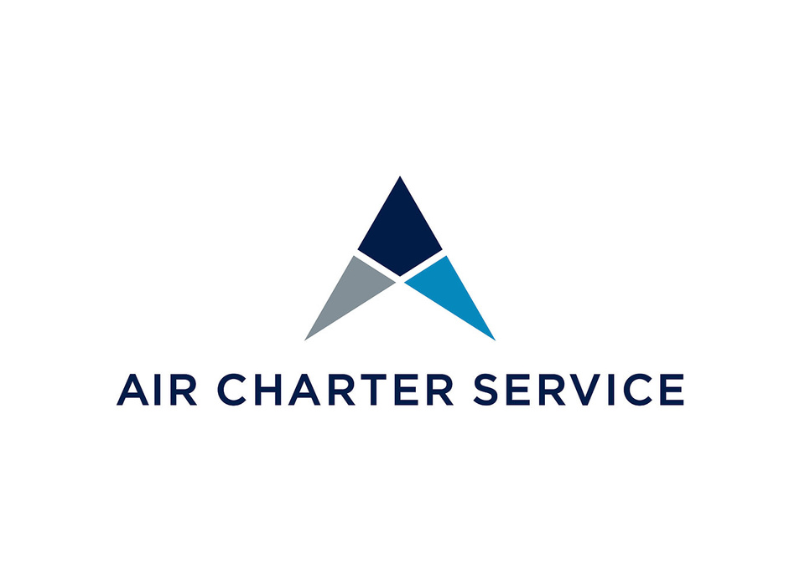


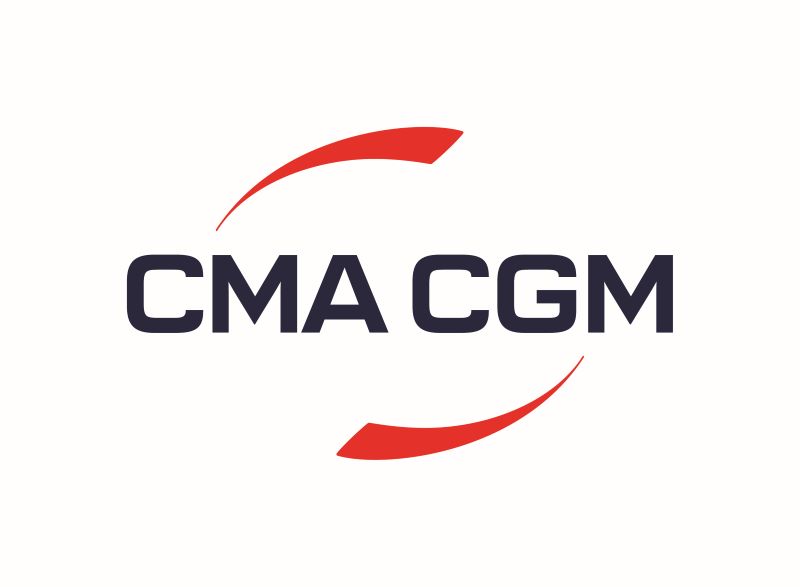

.png?ext=.png)
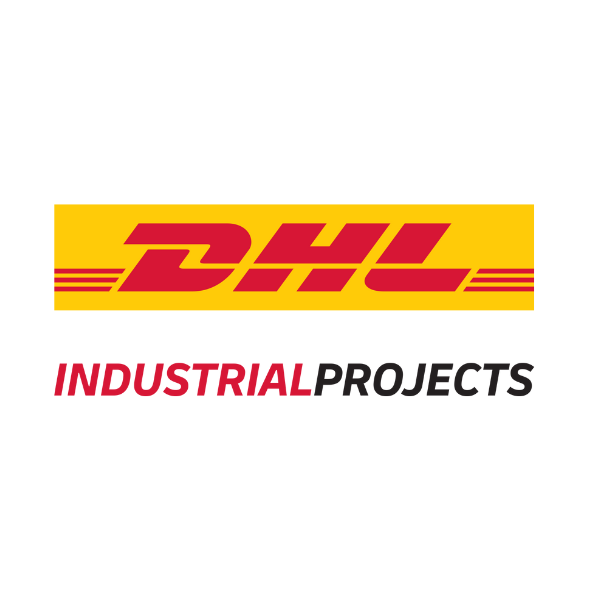

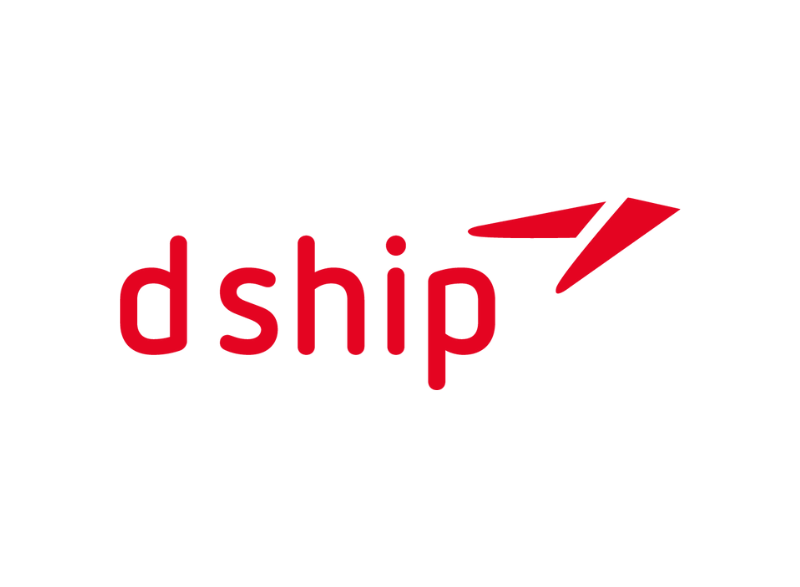

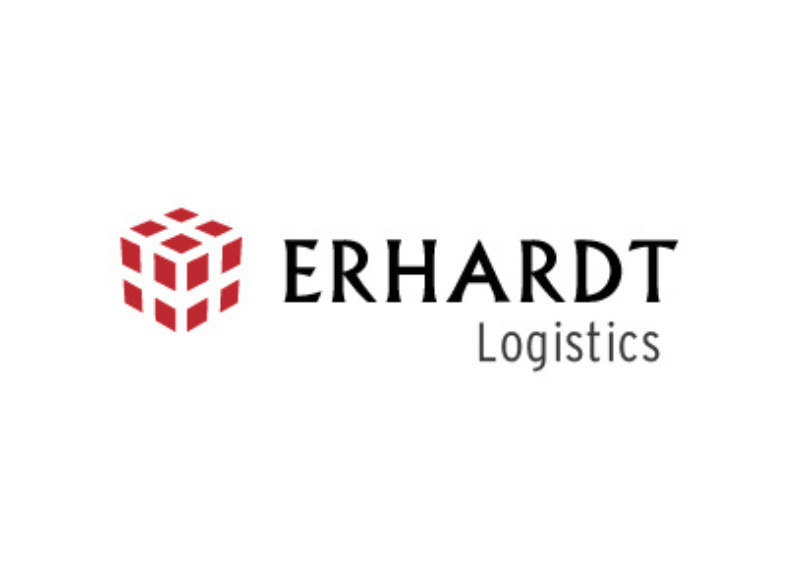

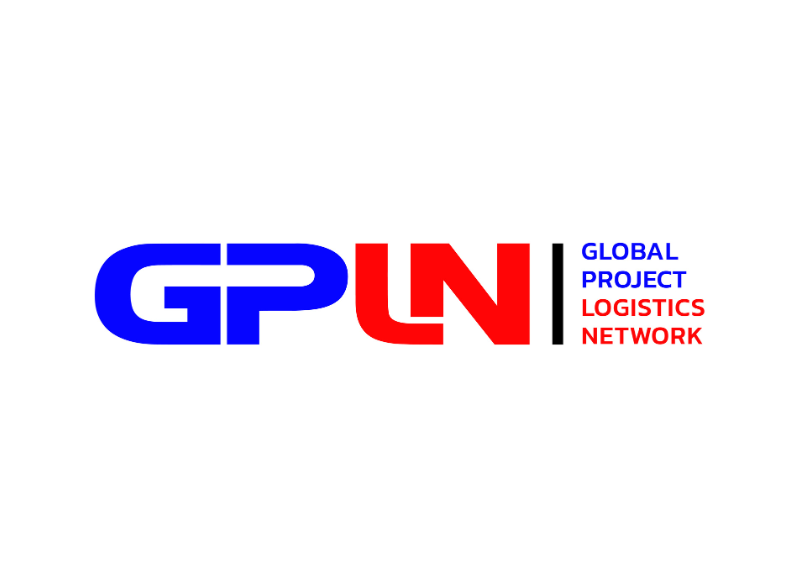

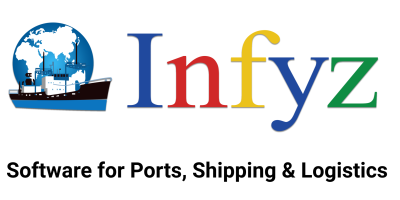
_3.png?ext=.png)
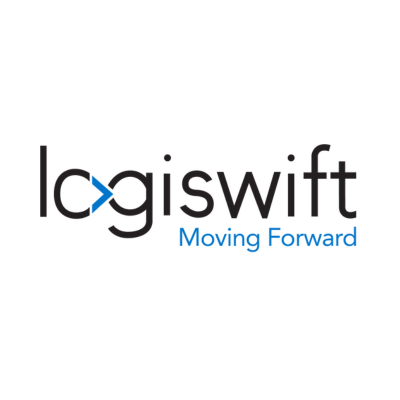
.jpg?ext=.jpg)
